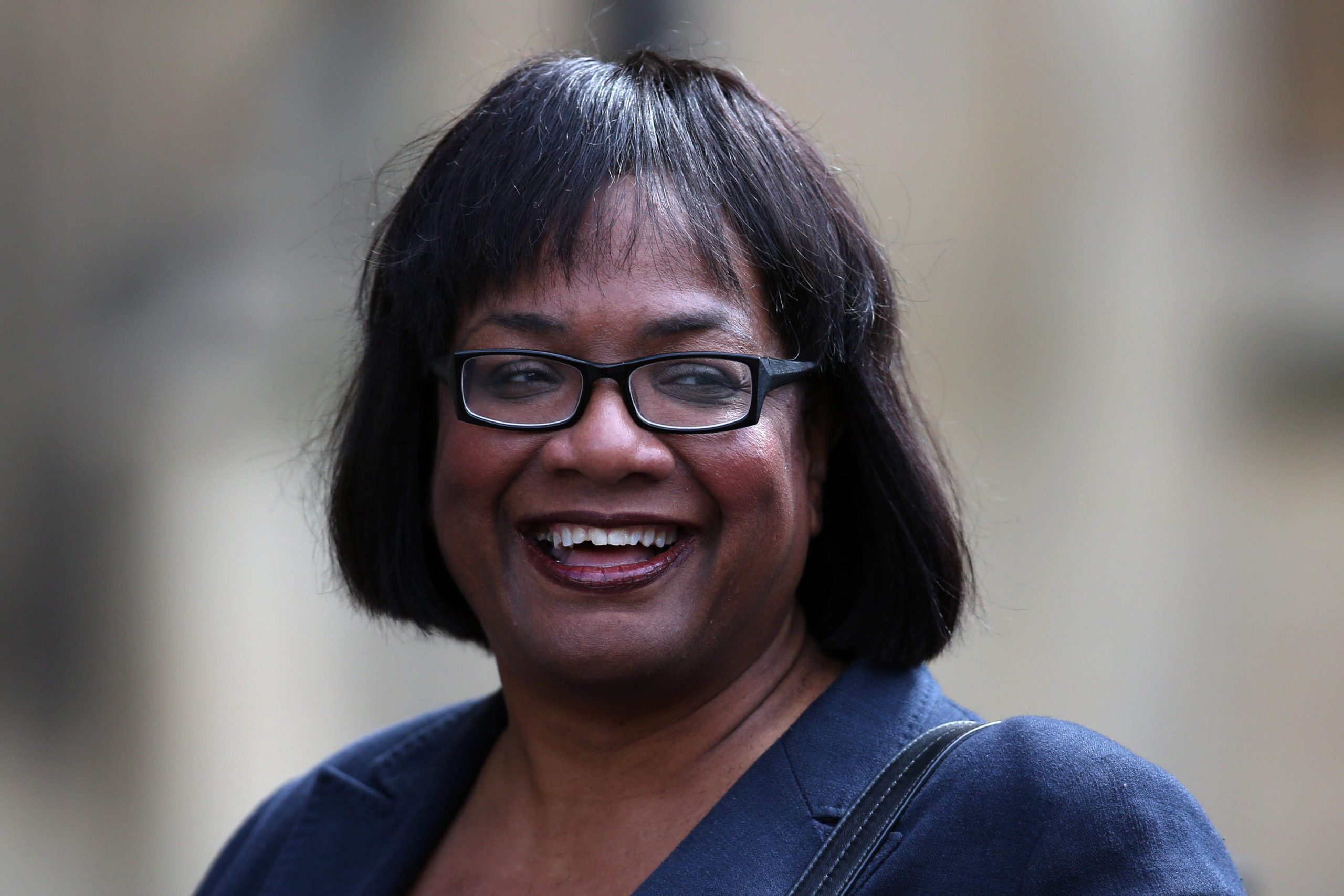Following Matt Hancock’s recent Sky News interview, in which he failed to name any black ministers claiming, “it’s the diversity of thought that’s the really important thing”, there have been calls for greater black representation in the Cabinet.
Last month marked the former Shadow Home Secretary, Diane Abbott’s, 33rd year representing Hackney North and Stoke Newington since being elected as the UK’s first black woman MP in 1987. When googling “Diane Abbott”, the third most popular search is “Diane Abbott memes”, highlighting the degree to which Abbott has been ridiculed online, from her ‘car-crash’ LBC interview on policing statistics to her footwear when voting in the most recent election. The abuse Abbott continues to receive online, however, represents something far darker than her political blunders.
Azmina Dhrodia’s report for Amnesty International into Twitter abuse of women politicians found Abbott to be subject to nearly half of all abusive tweets sent to female MPs in the run-up to the 2017 General Election. The report also found that black women were 84% more likely than white women to be mentioned in abusive tweets. Abbott states: “I’m abused as a female politician and I’m abused as a black politician.” Maya Goodfellow used a term coined by US queer black feminist Moya Bailey in reference to the abuse that Diane Abbott has been subjected to defining it as misogynoir, where racism and sexism meet.
Politics has undoubtedly become a sphere of personal destruction for all those in the public eye, yet one must wonder if John McDonnell would have been required to publicly apologise for sipping a can of M&S mojito on the Overground in the way Abbott was. Controversy arose last year following Abbott’s appearance on BBC Question Time, where she was interrupted by panellists twenty-one times, twice as many as Rory Stewart. Fiona Bruce also had to apologise for what she regards as a “light-hearted comment” made before the programme aired on Abbott’s “personal relationship” with Corbyn, nudging at rumours of their brief “love affair” and arguably amplifying the sexist view that this is what secured Abbott’s position in the Shadow Cabinet.
Newly elected black MPs Dawn Butler and Abena Oppong-Asare have also shared their experiences of prejudice and racism both within Parliament and online. Oppong-Asare has recounted a time she was handed coats and bags by an MP, presuming that she was not a fellow politician. She has also said that she is frequently confused with her black colleagues. Conversely, Dawn Butler has spoken of times she was mistaken as a cleaner and physically stopped by another MP when entering the members only Terrace bar. Butler has recently been forced to go to the police after the torrent of racial abuse she received online for defending the Black Lives Matter protests.
The experiences of Abbott, Butler and Oppong-Asare shines light onto the wider issue of anti-black sexism prevalent in the UK, where the presence of black women in positions of power is either incomprehensible to some or met with blatant abuse. Whilst most politicians are likely to receive some level of abuse on social media platforms, very few expect to experience ongoing prejudice as elected officials within Westminster. The presence of black women in places of influence such as Parliament is undeniably important: a welcoming environment is a necessity that MPs across the house should be striving for.
Beth Maclellan
Image: Getty.

